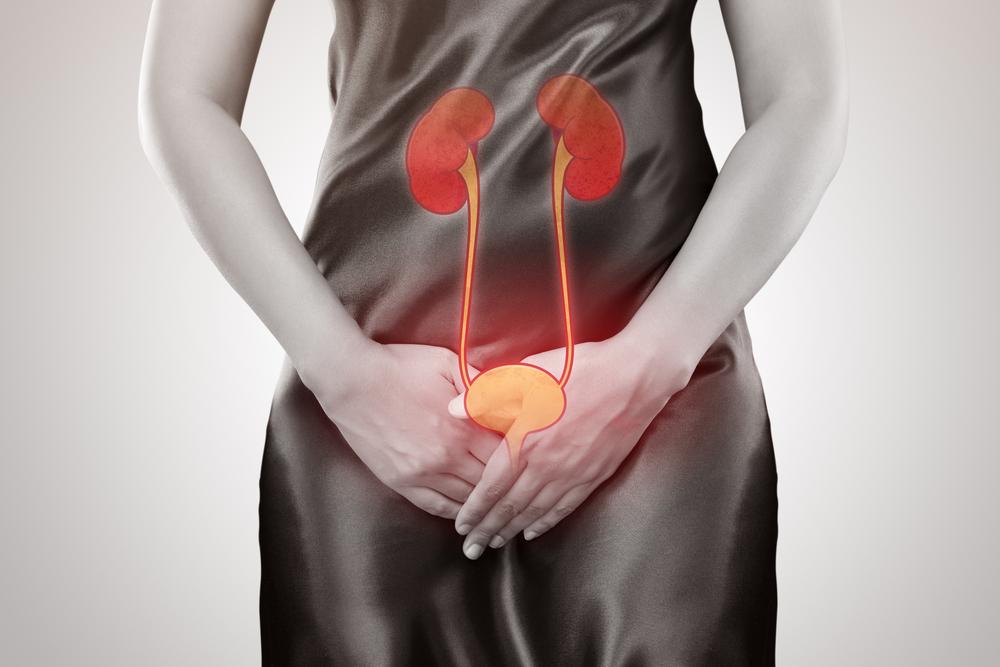Complete Guide to Urinary Tract Infections and Prevention
This comprehensive guide highlights essential facts about urinary tract infections (UTIs), including symptoms, causes, prevention, and treatments. It emphasizes the importance of hygiene, hydration, and medical consultation for effective management, with insights into natural remedies like cranberry products. Understanding UTIs helps in early detection and avoiding recurrent infections, ensuring overall urinary health. The article also details risk factors, diagnostic procedures, and effective treatment options for all age groups.

Complete Guide to Urinary Tract Infections and Prevention
Experiencing a bladder infection is a common health issue that many people encounter at some point. Recognizing the early symptoms is crucial for prompt treatment.
Urinary tract infections (UTIs) can involve any part of the urinary system, with lower UTIs known as bladder infections and upper UTIs as kidney infections. These infections happen when bacteria invade the urinary tract, frequently entering through the urethra. Although they are more common in women, anyone at any age can be affected.
Both bacteria and other pathogens can cause UTIs, with E.Coli being the most prevalent. Women are particularly susceptible due to their shorter urethra and factors like sexual activity and catheter use. Preventative measures, such as maintaining good hygiene, staying well-hydrated, and avoiding delaying urination, are essential. Cranberry juice and supplements are popular natural remedies believed to help prevent infections, though medical treatment remains paramount.
People aged 16 to 35 are most prone to UTIs, and recurrent episodes are common. Symptoms include burning during urination, frequent urges, cloudy or discolored urine, and pelvic discomfort. Severe cases may involve fever, flank pain, and blood in urine. Proper diagnosis by a healthcare professional involves urine tests and medical history. Treatment typically involves antibiotics, with pain relievers for symptom relief. Preventative strategies include hydration, wearing breathable clothing, and after-intercourse urination. Awareness and early intervention are key to managing UTIs effectively.
By understanding the causes, symptoms, and treatments, individuals can better protect themselves from urinary tract infections. Adopting healthy habits and seeking timely medical attention can help prevent recurrent infections and complications. Stay informed, stay healthy.










